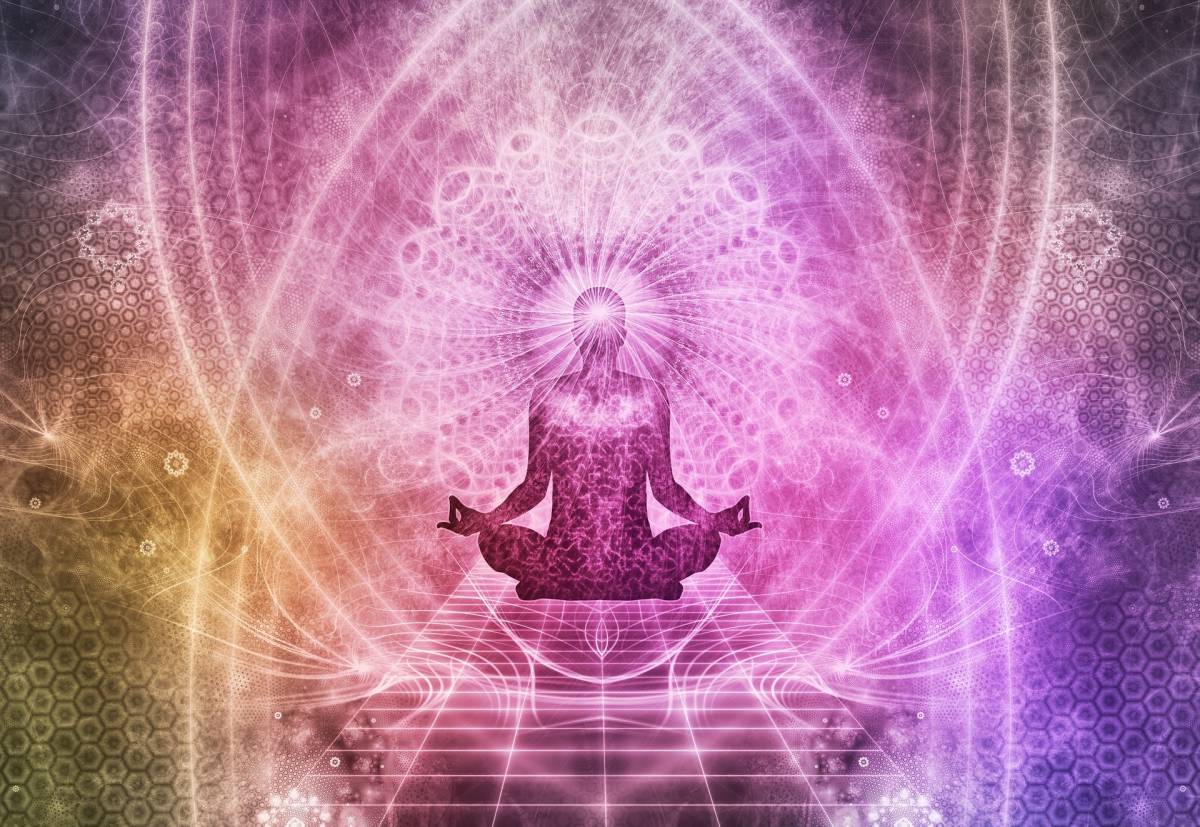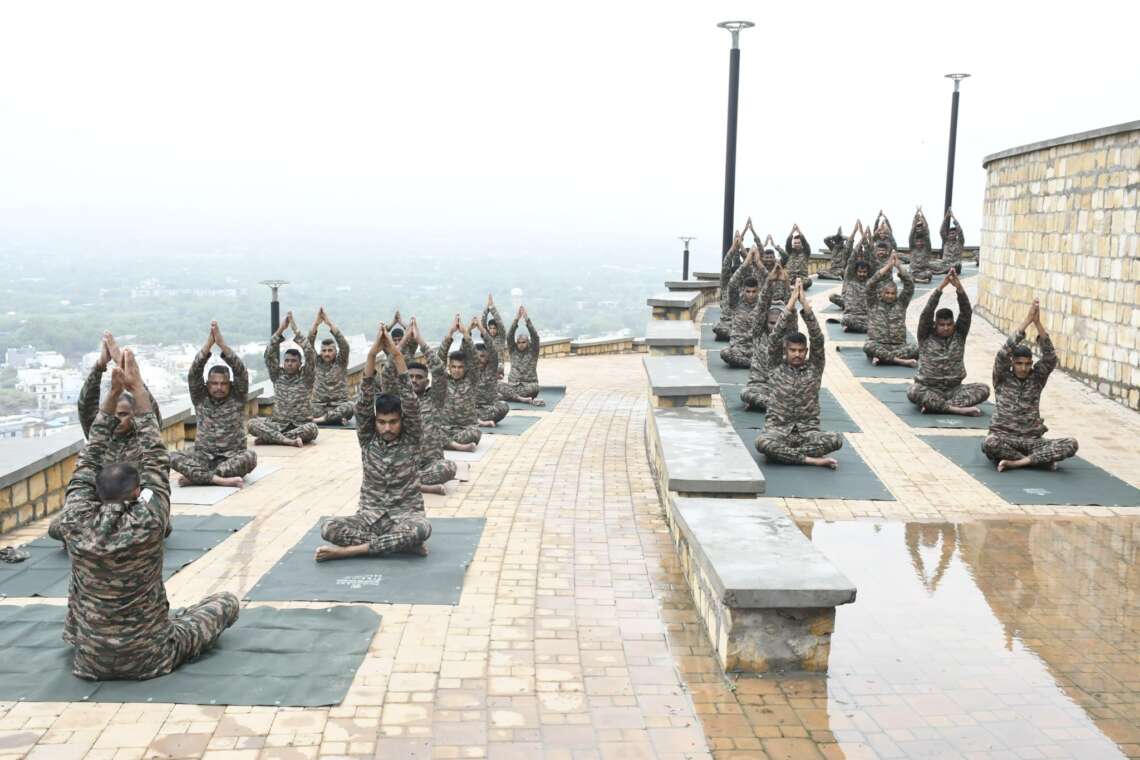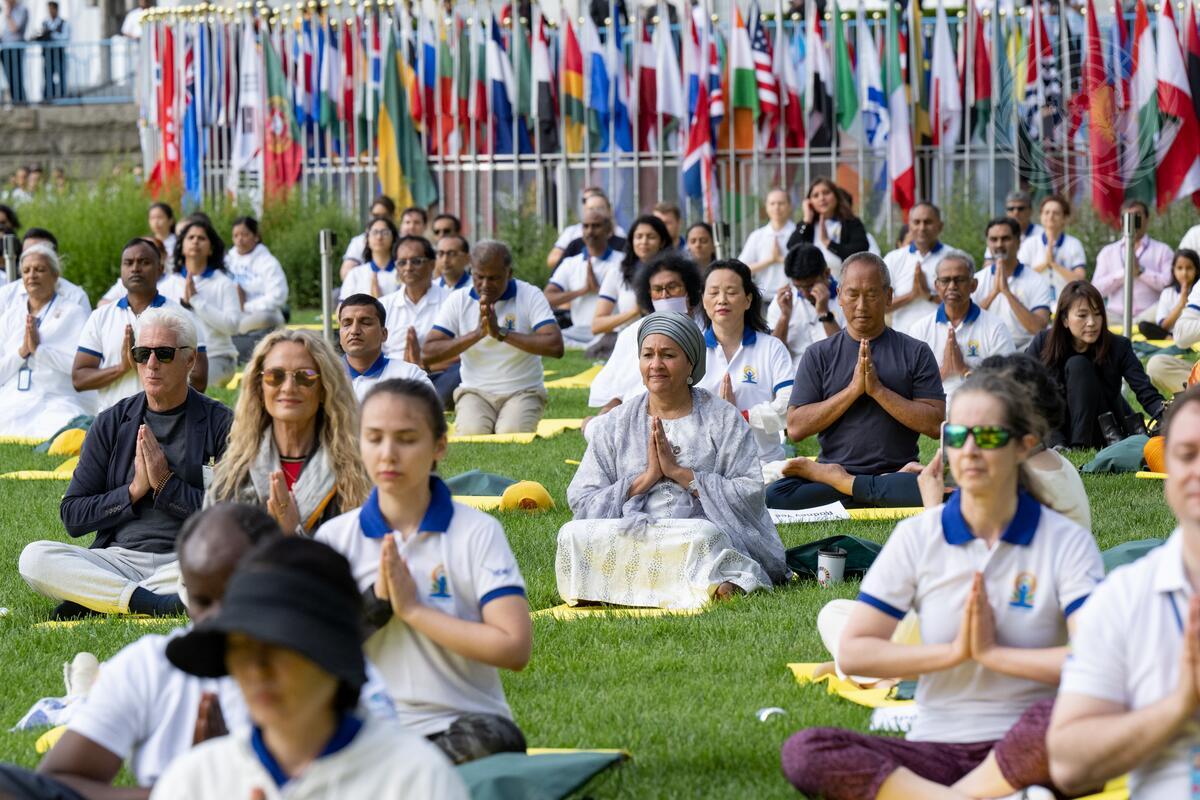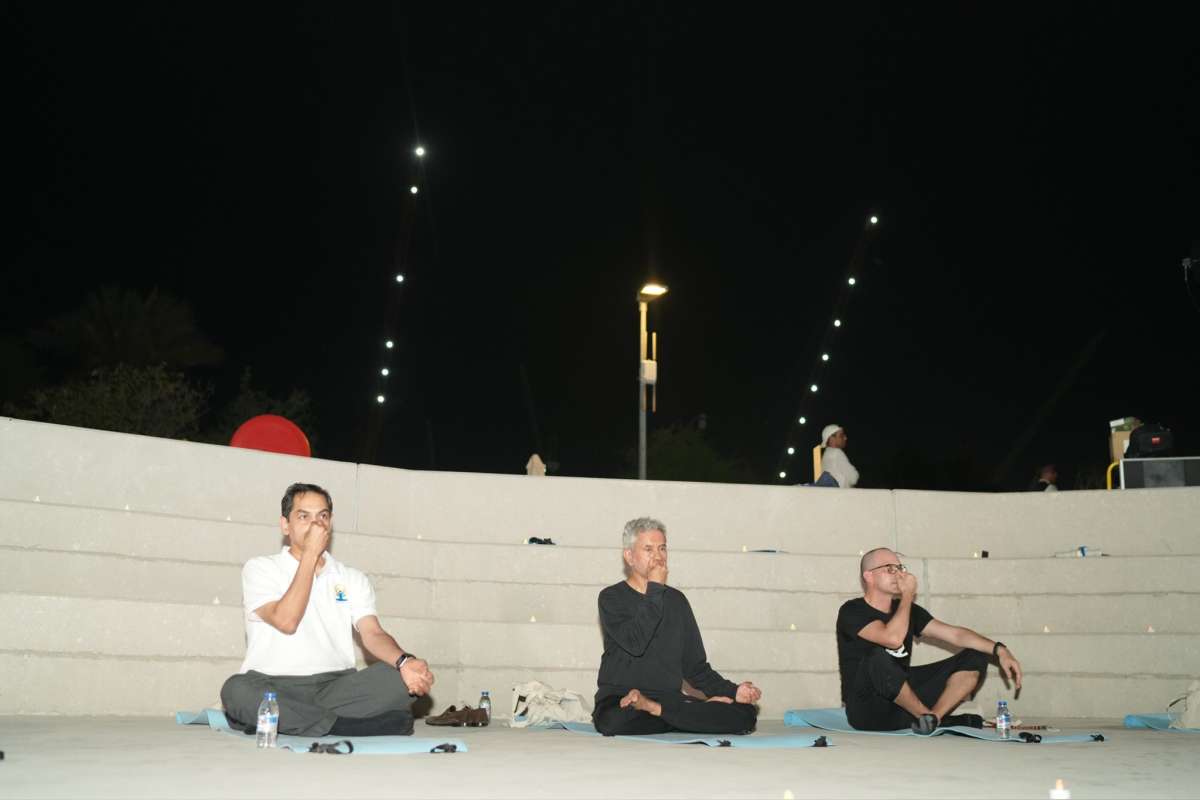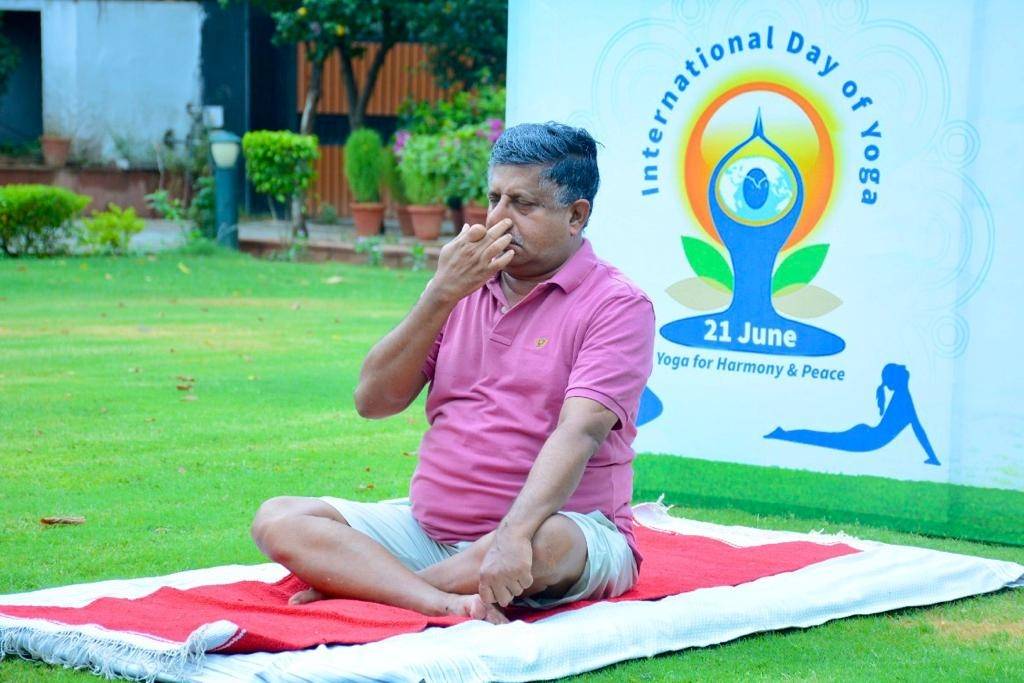Preparations are in full swing for International Yoga Day on June 21. A special report compiled Asian Lite reporters across the world
Yoga enthusiasts, not only from India but from around the world, are all set to roll out their mats to bend and twist their bodies in different postures. International Day of Yoga is celebrated annually on June 21 since its inception in 2015.
The concept of the Yoga Day was proposed by Indian Prime Minister Narendra Modi during his speech at the United Nations General Assembly in 2014.
The date June 21 was recommended by Modi since it marks the longest day in the northern hemisphere. Many believe that it marks the day that Lord Shiva — one of the Hindu Trinity — began imparting yoga to his followers and became its first guru.
The international recognition for yoga cements India’s status as a global soft power. India is a repository of an astounding wealth of living patterns and modes of heritage. With about 1,400 dialects and 18 officially recognised languages, several religions, various styles of art, architecture, literature, music and dance, and several lifestyle patterns, the country is the largest democracy with a seamless picture of diversity and unity, perhaps unparalleled anywhere in the world.
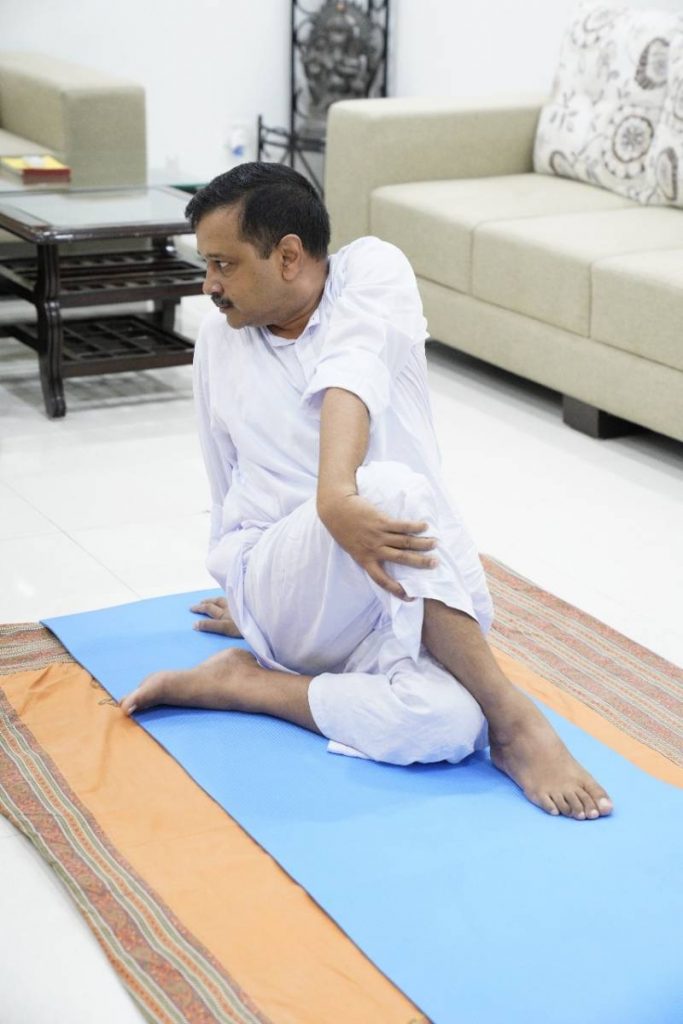
India’s living cultural heritage has been shaped by centuries of adaptation, re-creation and co-existence. The country’s intangible cultural heritage finds expression in the ideas, practices, beliefs and values shared by communities across centuries. It forms a part of its collective memory. Yoga was added to UNESCO’s list of Intangible Cultural Heritage in December 2016.
Regular yoga practice can help fight chronic lifestyle diseases like hypertension, hormonal imbalances, diabetes, reproductory disorders, and respiratory and cardiovascular related health concerns. Besides people with obesity, anxiety, constipation and digestive disorders can benefit significantly from practising yoga, according to the experts.
Addressing the 193-member UN General Assembly, Modi said: Yoga is “an invaluable gift of our ancient tradition. ““Yoga has the power to bring the entire humankind together!
ALSO READ: Yoga to boost kids’ memory
“It is not about exercise but to discover the sense of oneness with yourself, the world and the nature. Yoga embodies unity of mind and body; thought and action; restraint and fulfilment; harmony between man and nature; a holistic approach to health and well being.”
Nearly 200 countries will celebrate International Day of Yoga on June 21 with activities under the strict guidelines of Covid-protocol. The world has accepted the importance of yoga to reinvigorate their life during the lockdown and in the post-Covid period. The UN during its session has said the yoga is a force for fighting climate change and fostering global harmony.
According to Prime Minister Modi yoga helps everybody to balance their lifestyle and face challenges in the most humane way.
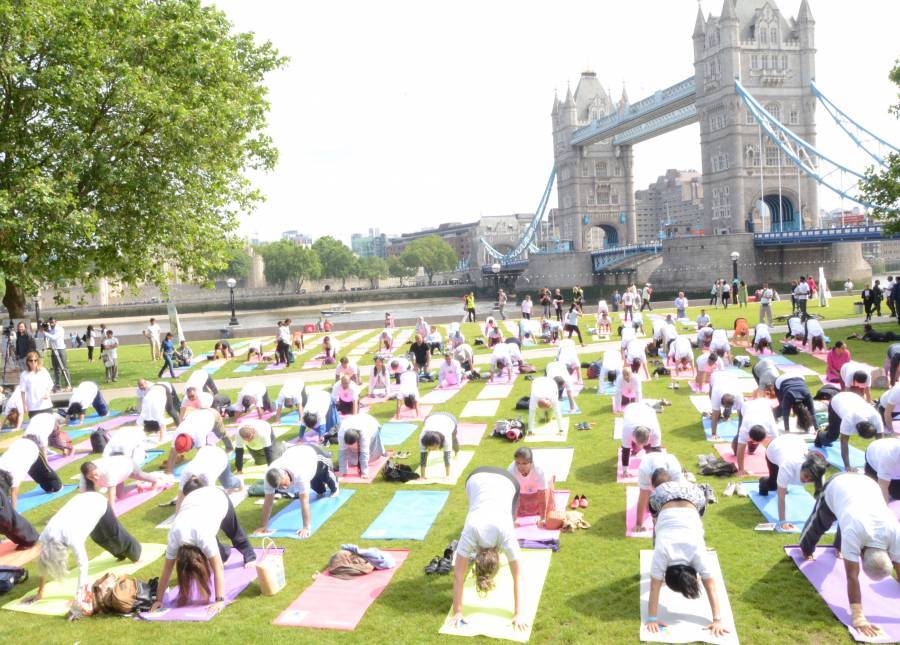
“Yoga enables us to stay balanced in every situation,” Modi said earlier. “A principled individual remains active and in complete peace even amid challenges”.
He also invoked Lord Krishna from Bhagavad Gita to suggest “Yoga is but efficiency in action”. The Gita contains a series of dialogues between Arjuna and his guide and charioteer Lord Krishna in the middle of Battlefield Kurukshetra where the “dharma yudha” or a battle between right and wrong was to begin.
Modi said: “Lord Krishna said in the Bhagavad Gita that Yoga is but efficiency in action. This mantra always teaches us that Yoga provides us strength to become more successful in life”.
Modi directly touched upon the issue of the pandemic while saying that the ancient Indian meditation system has been a source of emotional strength to many during these trying times.
“Many people all over the world infected by COVID-19 are benefitting from Yoga. They are getting the strength in fighting the disease. Yoga provides the self-confidence and mental strength by which we are able to face challenges and also overcome them. Yoga provides mental peace and power to endure pain,” said Modi.
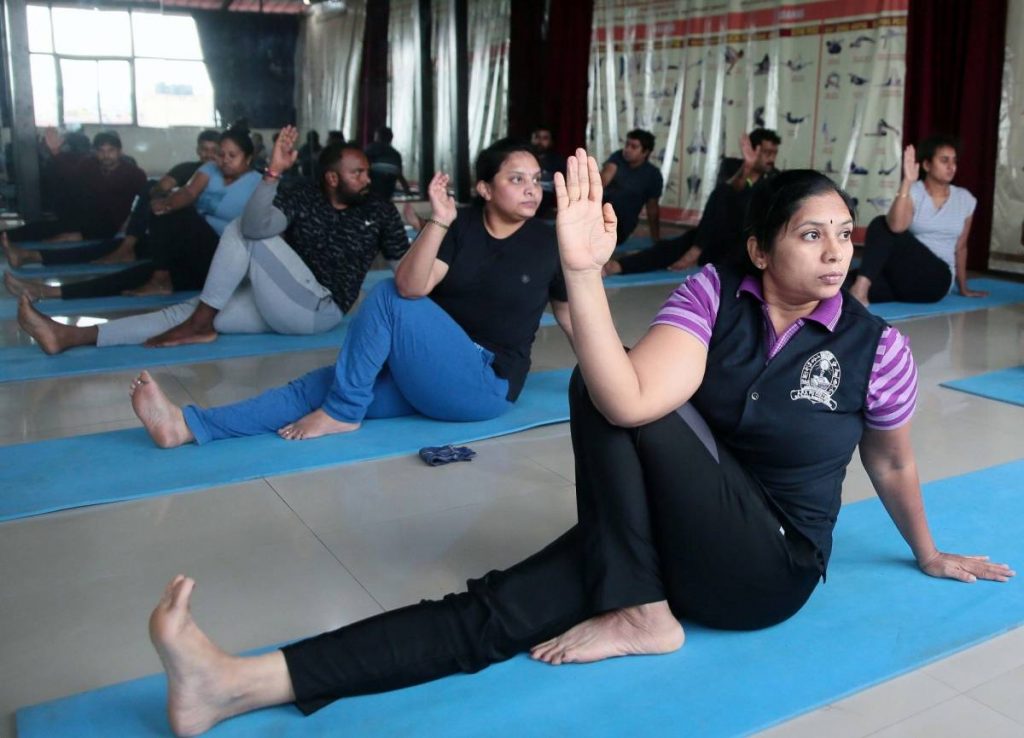
He said that worldwide many corona infected individuals are “benefitting” from Yoga.
Highlighting India’s contribution for universal brotherhood, Modi remarked that “Yoga, enhances our quest for a healthier planet. It has emerged as a force for unity and deepens bonds of humanity. It does not discriminate, it goes beyond race, colour, gender, race and nation.”
However, he added, “Right eating and drinking, right play, right habits of sleeping and rising and right way of doing one’s duties – Yoga is this itself,” he summed up.
ALSO READ: Naturally connect kids with nature
He again invoked ancient ideologies to state, “Nishkama Karma – serving everyone without any selfish motive – has also been called in our tradition as Karma Yoga. This Indian thought, embedded in our culture, has been experienced by the whole world whenever in need”.
While, he advocated Indians to practice Yoga as a part of their regular lives instead of for just a day, he made the point of making India a global beacon of solidarity was unmistakable, particularly at a time when China has been increasingly facing global isolation from nations like Japan, Australia, Canada, the US and others.
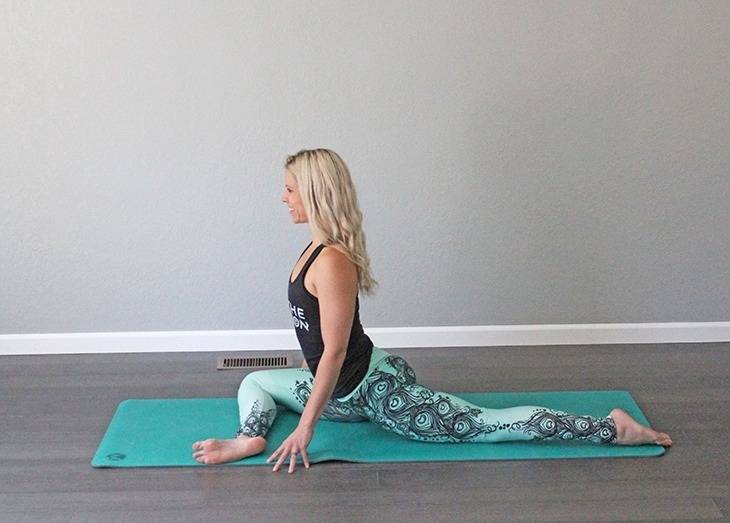
Yoga Day at UN
Deputy UN Secretary-General Amina Mohammed has said that yoga can help the world in these troubled times by inspiring the adoption of a sustainable lifestyle to fight climate change and by promoting tolerance and peace.
“The essence of yoga is balance not only within us, but also in our relationship with humanity, with the world. As such, yoga can promote solidarity, social integration, tolerance justice and peace,” she added. “It teaches us a holistic vision of the world encouraging us to live in harmony with ourselves, society and nature.”
India’s Permanent Representative Syed Akbaruddin said: “There is growing discourse among the global community that yoga can be one of the tools in our collective quest for promoting sustainable development and lifestyles in harmony with nature.”
Yoga drives the quest for balance and this “provides us with a framework for managing our needs and desires” he said. “When applied to communities and societies, yoga offers a toolkit for embracing lifestyles that are sustainable, lifestyles that appeal to the human yearning for harmony.”
He asserted Yoga allows “emotional stability to confidently negotiate the challenges before us”.
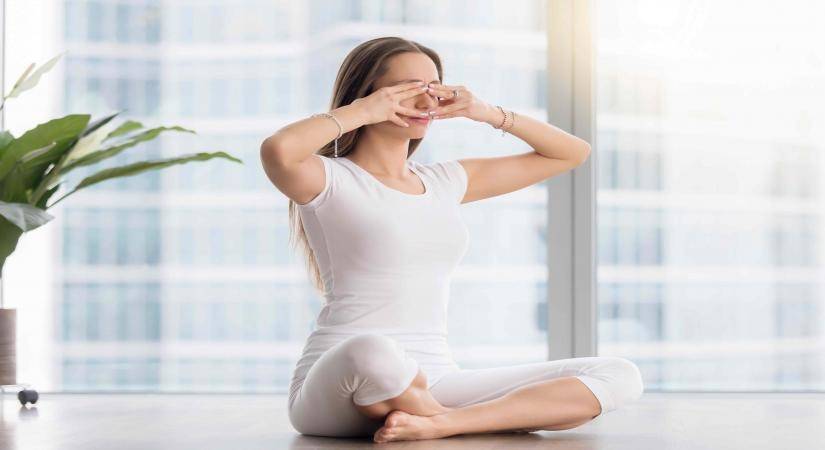
The word “Yoga” is derived from the Sanskrit root ‘Yuj’, meaning to join or to unite and dates back to 2,700 BC, and according to a government document, it is considered an “immortal cultural outcome” of the Indus-Saraswati Valley civilisation.
Yoga and naturopathy are widely promoted by the government of India, specifically by the AYUSH ministry. There are two national institutes, the Morarji Desai National Institute for Yoga (MDNIY) in New Delhi and the National Institute for Naturopathy (NIN) in Pune, and one Central Council for Research in Yoga & Naturopathy (CCRYN), New Delhi.
MDNIY recently started a B.Sc. in yoga science, and there are 18 colleges in eight states imparting a five-and-half-year Bachelor of Naturopathy & Yogic Sciences degree and more than 50 stand-alone yoga colleges offering B.Sc., M.Sc., diploma and certificate courses.
Vasudhaiva Kutumbakam” remains the first precursor of global citizenship as it is understood today — the concept that all individuals are collectively responsible for each other and their shared future. Ultimately, this “international binding” through International Yoga Day represents India’s new global narrative. It could be as important to its quest for great power status as her candidature for permanent membership of the Security Council.
ALSO READ: Akshay gifts 1cr for school building construction in Kashmir
ALSO READ: Restoring traditional remedies


